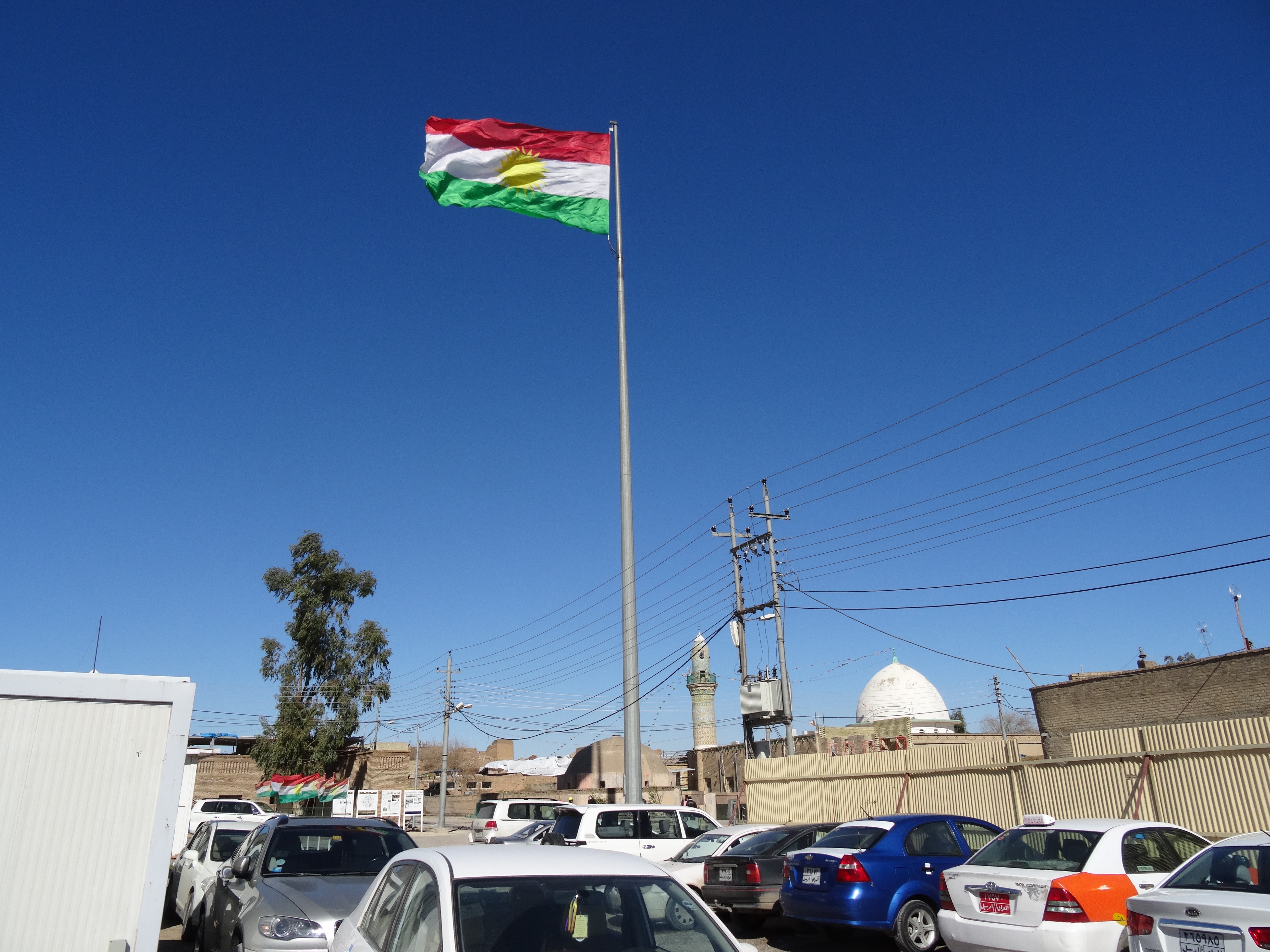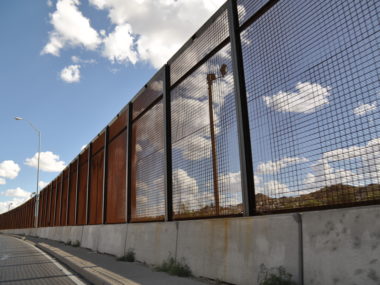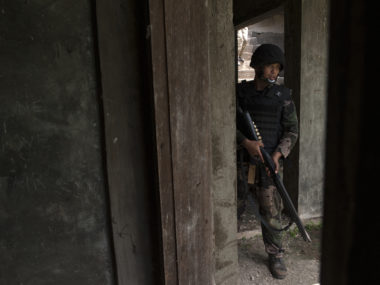Over the weekend National Public Radio broadcast a story about rebel gains in Syria. During the segment host Rachel Martin and reporter Deborah Amos discussed the fact that the Syrian government was permitting aid to travel via truck from Damascus to the rebel-held north portions of the country. Martin asked Amos why the UN couldn’t just deliver the aid through Turkey, which is closer to the areas where the aid is needed.
This sort of morality play disguised as journalism drives me to distraction: not only ubiquitous, it also obscures analysis and understanding. The question should never have been asked, but questions like it always are because they cater to a Manichaean narrative — bad, evil people are preventing UN aid workers from assisting innocent victims. This narrative infantalizes the forced migrants who have fled, and at the same time obscures understanding about why the situation occurs.

Why must aid be channeled through Damascus? First, like anyone else seeking to cross an international boundary, aid agencies (UN, other IGO or NGO) must gain permission from a country to operate. Second, aid implies shipping, and shipping raises the spectre of smuggling. A reporter like Amos is well aware that intelligence agencies sometimes operate under the cover of aid work, so while it is certainly defensible to judge Assad’s decision to restrict aid to the rebel-held areas to routes beginning in Damascus as reprehensible, we must also recognize that it is both prudent and sane. Martin and Amos’ exchange obscures the latter to implicitly highlight the former.
Third, and likely most importantly, one might wonder why Assad would permit humanitarian aid to flow to the north at all. He certainly wasn’t concerned about the death and misery of those people when he authorized the military missions from which they fled. Alas, the five minutes of reporting by Amos offers nary a hint. Yet the answer is plain: by running aid through Damascus Assad’s regime can skim, and perhaps even gouge, the shipments. In addition, forcing aid through Damascus also permits a channel via which to circumvent sanctions. During the 20th century the renegade Rhodesian regime weathered international sanctions in no small part because there was no feasible way to trade with neighboring Malawi or Zambia other than via rail lines running through Rhodesia. It was a widely known “secret” that the Rhodesians not only skimmed shipments, but also smuggled via cargo marked for delivery elsewhere.
Whether Martin and/or Amos are incompetent or shills catering to ratings I have not an inkling. But it is important to underscore that their exchange is so common to be banal: I pick on Amos only because I caught the report and cobbled together a few minutes to write this. I could literally write this post about half a dozen different reporters per day. That fact makes each instance no less frustrating.
@WilHMoo








0 comments